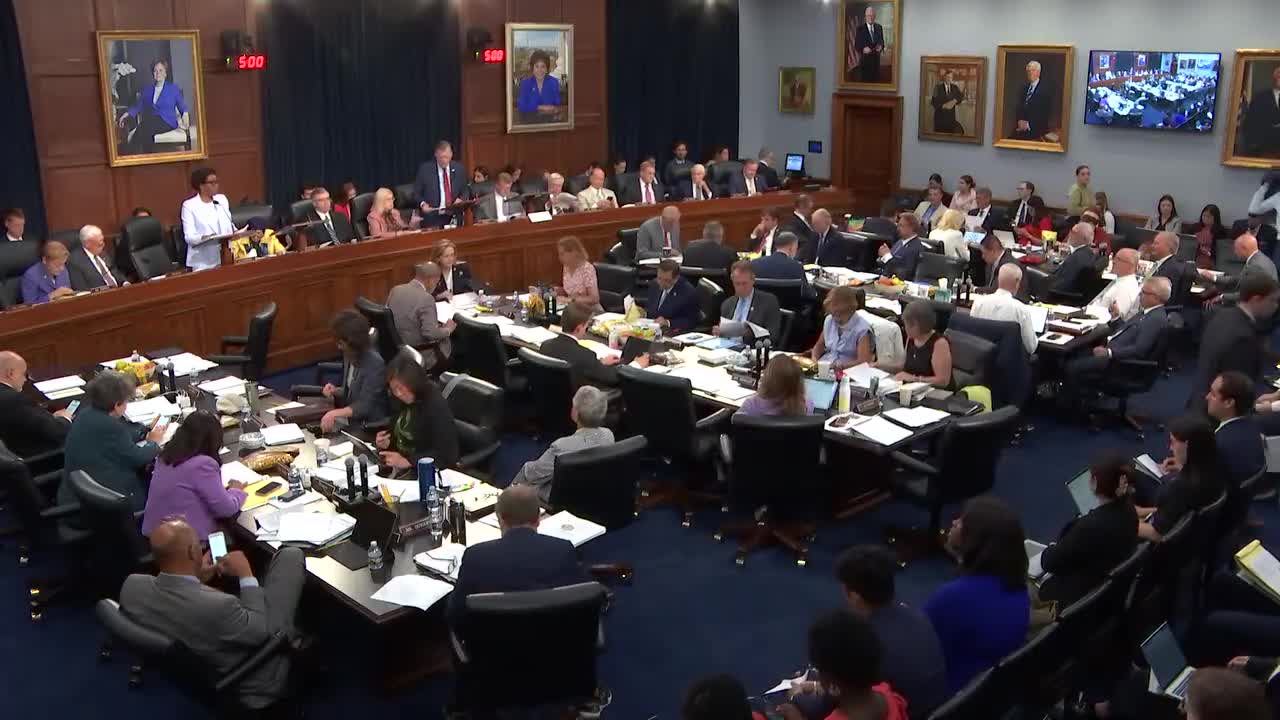Article not found
This article is no longer available. But don't worry—we've gathered other articles that discuss the same topic.
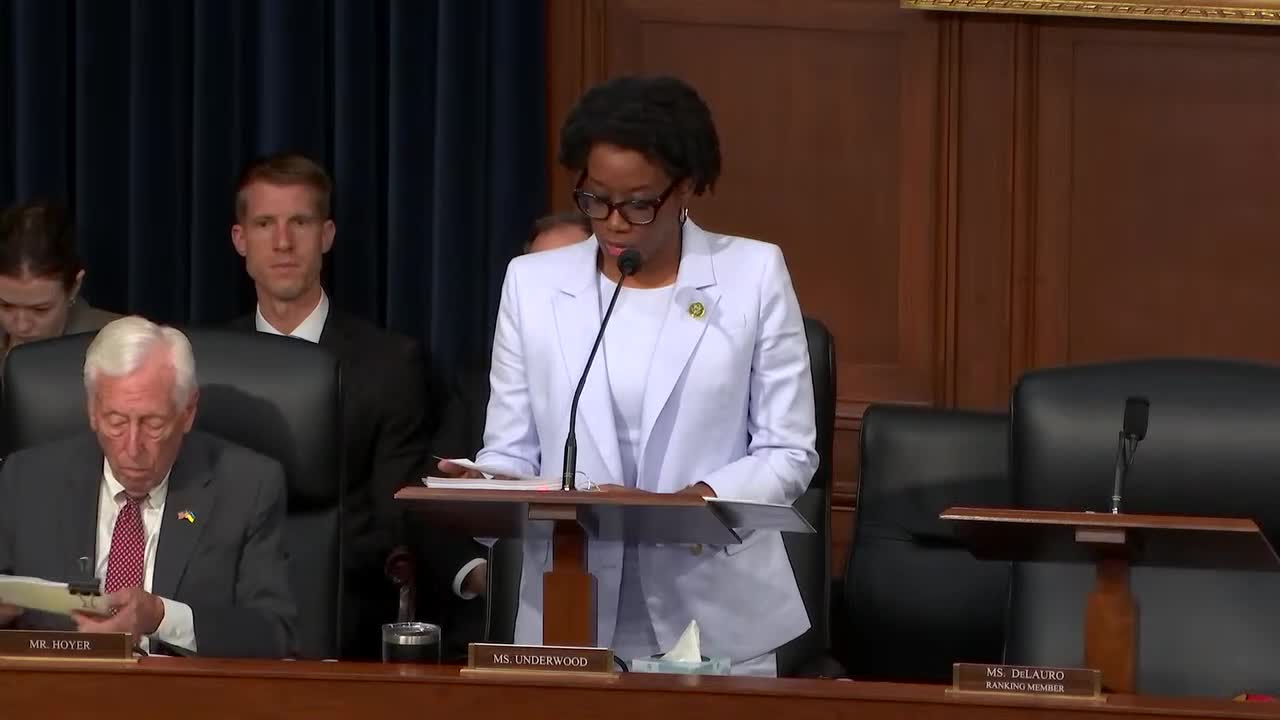
House appropriators debate cuts to CISA and cyber programs as members warn of growing threats
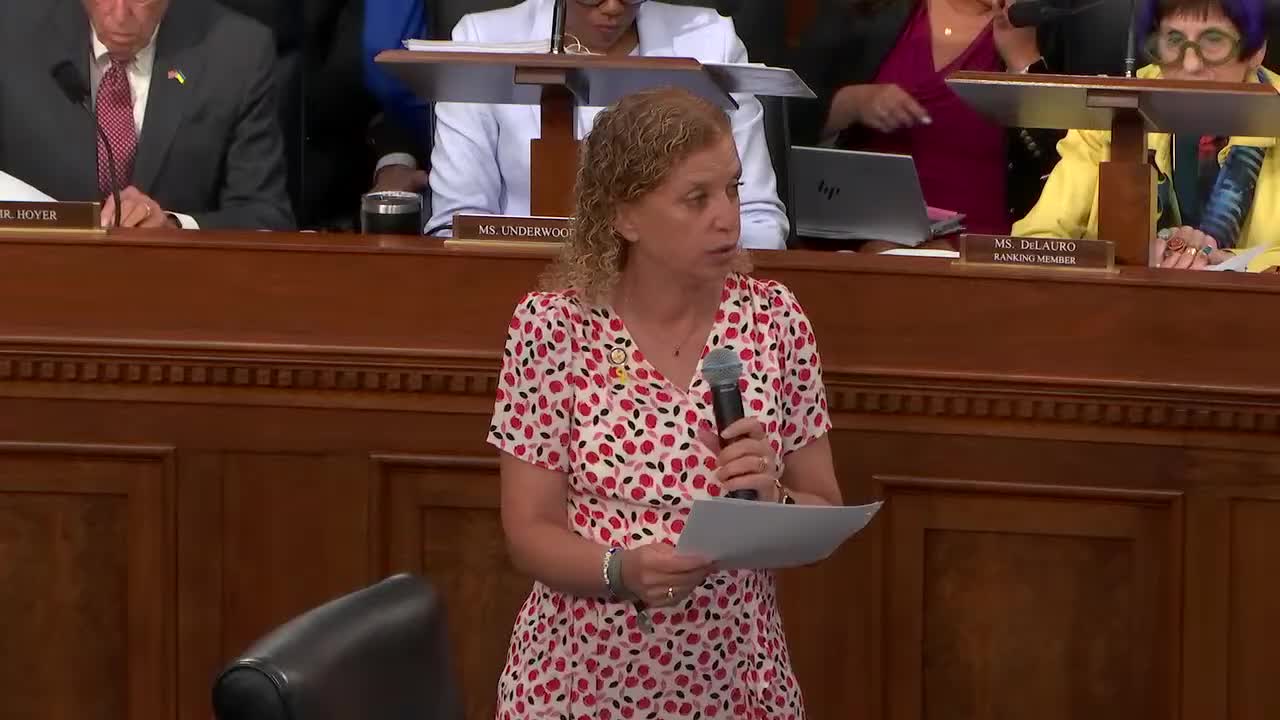
House appropriators debate ICE raids, surveillance and civil‑liberties safeguards after widespread testimony of courthouse and church arrests
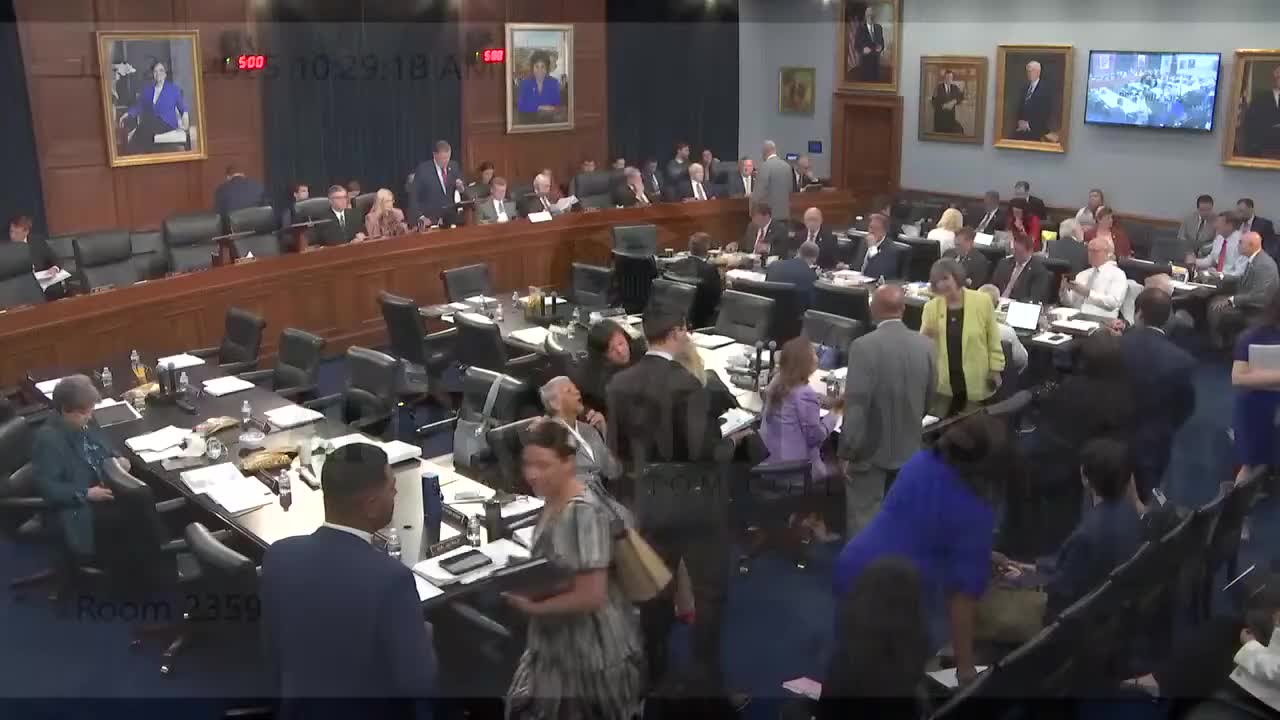
Appropriations panel restores BRIC, debates FEMA funding as members warn of $8 billion shortfall
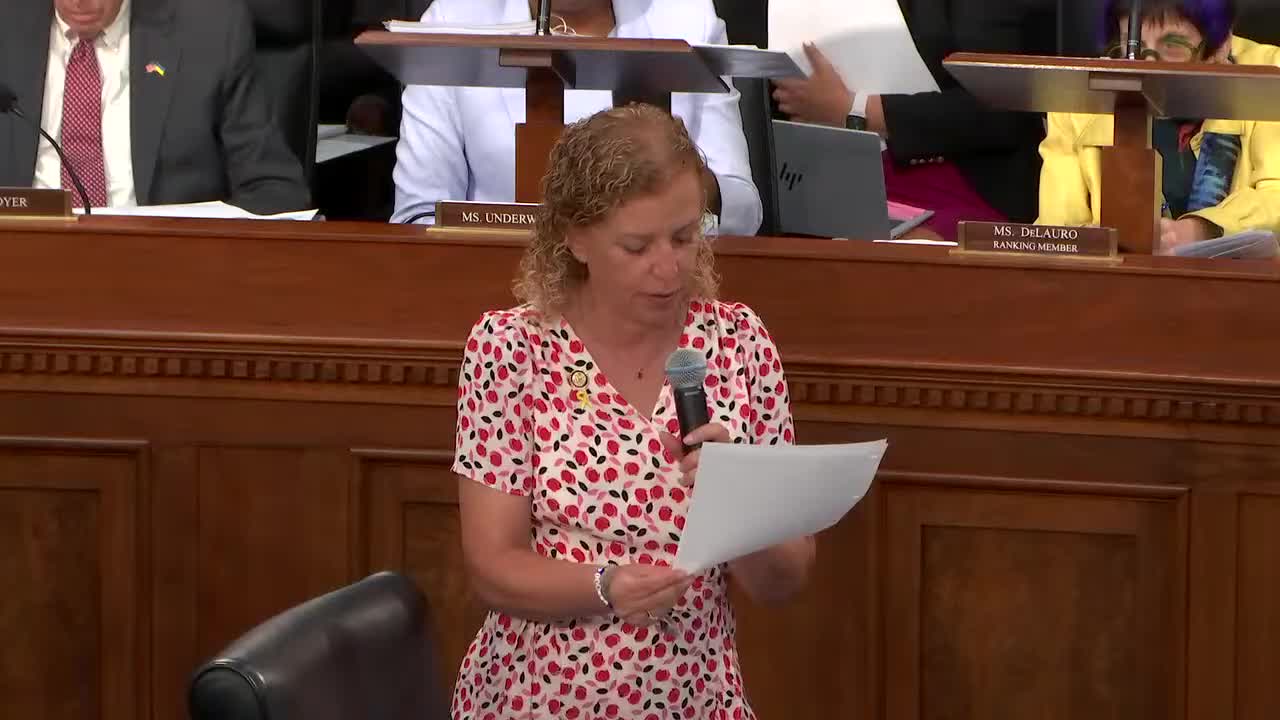
Appropriations committee adopts bipartisan en bloc amendment to ease seasonal worker visas, expand H‑2A flexibility and add circuses/carnival workers to P visas
